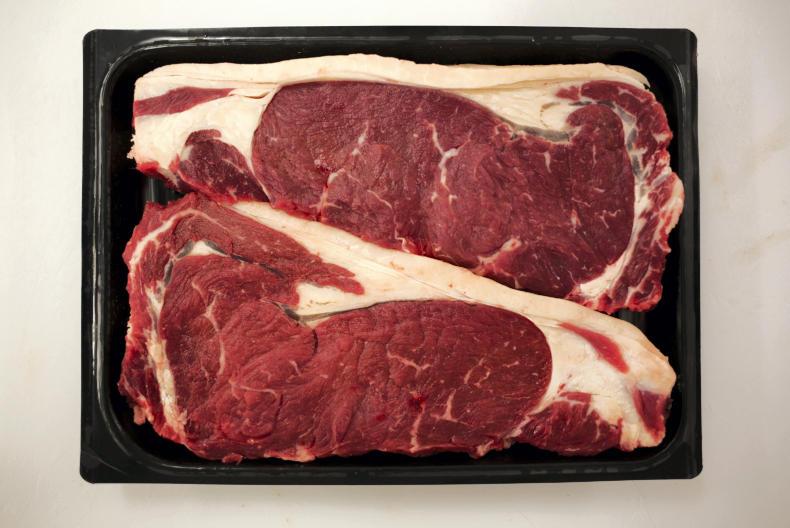Since then, it has steadily cultivated its reputation throughout Europe as well as at home in Scotland and in the rest of the UK. The dividend for farmers has been that beef prices in Scotland have been on average the highest in the UK and indeed the rest of the major beef-producing regions of Europe.
With the UK now about to leave the EU, the Scottish beef industry and farmers anxiously await the outcome of negotiations on the future trade relationship with what will be our former colleagues in the EU.
The best case scenario is a trade deal that delivers something as close as possible to the status quo. This would preserve market access on current terms and at the same time limit access to the UK market to whatever trade deals the EU pursued, which are substantial in themselves.
Achieving continued access to the market on current terms could be difficult if as the prime minister has highlighted, the UK is likely to leave because of the demand by the EU that access depends on the continued free movement of people. A further consideration that could affect Scotland’s beef industry is the fact that the prime minister has also stated a determination for the UK to make a series of trade deals with countries such as the US, Brazil, Australia, New Zealand and India.
These happen to include the top six beef exporting countries, and three of the top four sheepmeat exporting countries in the world (the other being Ireland). It is foreseeable that they would look for access to the UK for beef and lamb as part of any deal. Scotland would be relying on the strength of the wider UK’s agriculture lobby to limit access and nobody knows how successful this would be until negotiations take place.
There is no reason to believe that Scotland cannot retain a premium place for its beef brand in Scotland and the rest of the UK but the question will be what is the base price of beef on which the premium is received if the UK is open to low-tariff global imports. Sales of sheepmeat could be in more difficulty as the UK is the third largest exporter in the world, mainly to Europe and Northern Ireland, sending over 400,000 live lambs to the Republic of Ireland for processing each year.
Of course, everything said and written about Brexit at this stage is conjecture. However, it is worth considering the implications of all possibilities and eventualities to make sure the industry is in the best possible place to deal with them.






 This is a subscriber-only article
This is a subscriber-only article











SHARING OPTIONS: